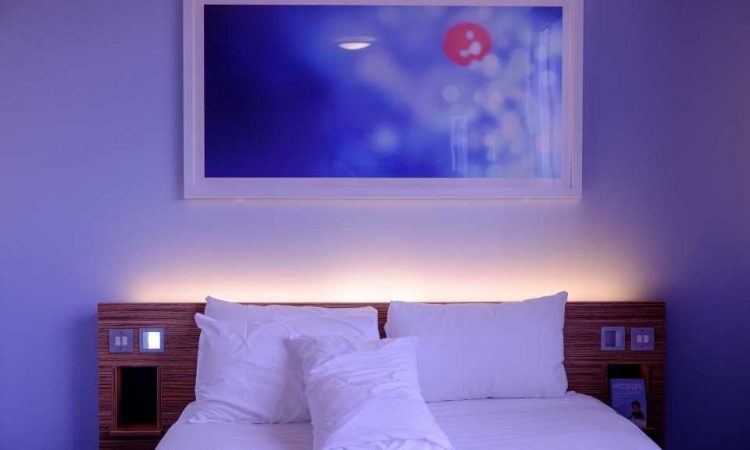
Using a “care hotel” model, which discharges patients to a specialty hospital hotel after smaller surgeries, can lower costs and shorten patients’ time in the hospital, according to a study presented at the Society of NeuroInterventional Surgery’s (SNIS) 20th Annual Meeting and published in the Journal of NeuroInterventional Surgery.
Rising health care costs pose a significant financial burden across the U.S., especially since the start of the COVID-19 pandemic. Researchers at the Mayo Clinic Florida recently tried a new approach: moving patients to a “care hotel” after surgery.
In the study, “The Safety and Feasibility of a Care Hotel Model in Elective Neuroendovascular Interventions—A Single Institutional Experience,” Mayo Clinic researchers reviewed data for 78 patients who were slated to have elective neuroendovascular interventions, including aneurysms.
In the study, 42 patients were enrolled and received same-day surgery and were discharged to a “care hotel” instead of being admitted to the hospital after their procedures.
While staying at the “care hotel,” patients were monitored by nurses and had immediate access to the on-campus hospital if needed. All patients were discharged home the following day, except for one person with lingering numbness who was hospitalized for two days. Based on cost saving calculations, this resulted in saving $1,500 to $2,600 per procedure. One hospital bed was also saved for other potential patients who required hospitalization.
The study authors found this fast-track model to be safe, feasible, and cost-effective for qualified patients.
“Using a care hotel can help carefully selected patients reduce their time in the hospital after non-emergency procedures while maintaining high-quality care and outcomes,” said Dr. Rabih Tawk, a neurointerventional surgeon at the Mayo Clinic in Jacksonville, Florida. “It’s a promising model, as they can save time and money while recovering in a more comfortable place, and the hospitals can keep more beds available for emergency cases.”
More information:
A Ghaith et al, O-044 The safety and feasibility of a care-hotel model in elective neuroendovascular interventions—a single institutional experience, SNIS 20th annual meeting oral abstracts (2023). DOI: 10.1136/jnis-2023-SNIS.44
Journal information:
Journal of NeuroInterventional Surgery
Source: Read Full Article
